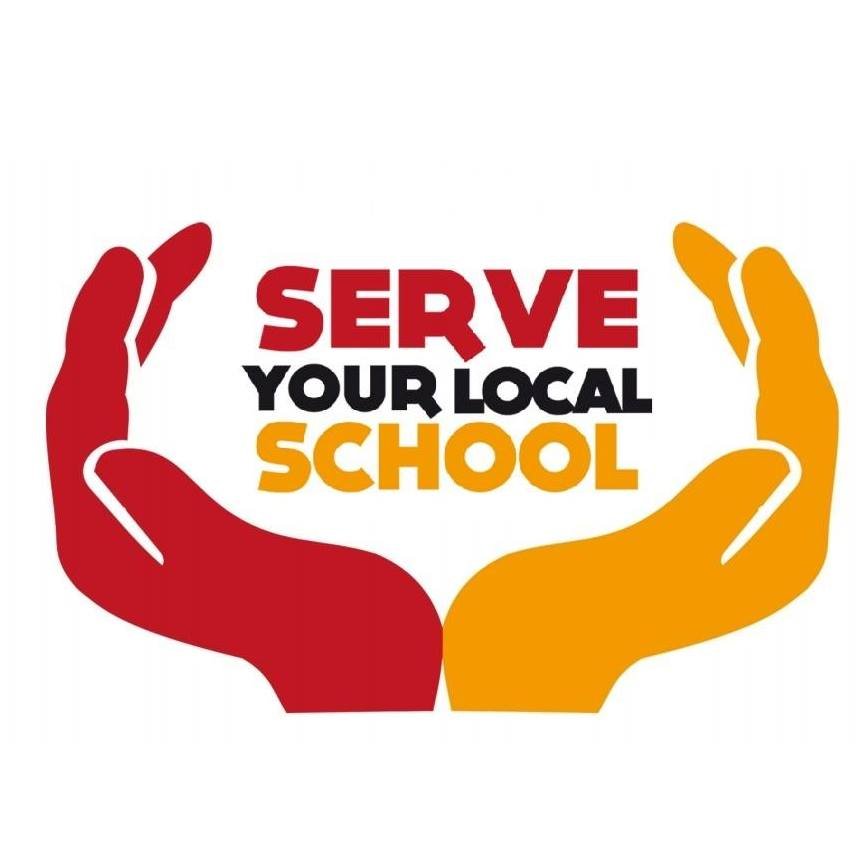A Focus on Mental Health and Well-being
We sat down with Lisa Cameron, Youth and Children's Ministry Leader at St James' Church in Glasgow to hear how she's serving the primary and secondary schools in her parish. She has a strong focus on supporting pupils' emotional well-being and has some great advice for first approaching schools.
What are some of the ways St James' are currently supporting local schools?
St James currently supports 2 local schools (1 Primary & 1 Secondary) providing ministerial pastoral care, peer support and mental health workshops. We deliver weekly, term-time Bun & a Blether mental health sessions to the local primary school and peer mental health support to the high schools lunchtime Safe Space area for students. Bun & a Blether are fun and informal sessions where we have cake (Bun) and conversations (Blether) with the children about their mental health and well-being. These workshops raise vital awareness and encourage positive mental health hygiene among the children. The Safe Space area in the local high school is a lunchtime space for students who may be experiencing challenges to their mental health or if they just need a space away from the busy areas at school lunchtimes. St James provides peer support, therapeutic activities and mental health literature to the students.
How has that developed or changed in recent years?
Over the years I believe St James have always supported the 2 local schools by providing pastoral care and the connection has been developed over the past 18 months with a strong focus on mental health as we are utilising a staff member who is: trained in suicide prevention and mental health first aid.
How would you describe your local context and the issues and challenges that young people face in Pollok?
The Parish of St James in Pollok is categorised by the Church of Scotland as a Priority Area as it is a community that experiences multiple deprivation needs such as un-employment, addiction issues, mental ill-health and poverty. These issues can have a detrimental effect on the young people effecting all aspects of their lives in particular their mental health and well-being.
What are you hoping to achieve in your work with local schools? How do you measure success?
St James was hoping to build stronger links with the schools and be more practically involved with the children which we are achieving. We measure the effectiveness of our involvement by evidencing and evaluating all qualitative and quantitative working practices and we document all on-going feedback from the teaching staff and children involved in our work to enable the on-going development of the projects.
What have been the benefits of working with your local schools - for both the school and local church?
The benefits for the local schools and church are improved, trustworthy relationships between all parties, the provision of emotional support to their young people and raised mental health awareness within both communities. I also believe that we are reducing some of the stigma that can surround church too.
What have been some of the personal highlights?
The personal highlights for me have been building close, meaningful relationships with the children, seeing the benefits of promoting good mental health hygiene among the children and providing hope by being the church among the children and teaching staff.
Any challenges?
The biggest challenges are always if a child reveals distressing issues to you or if there are any behavioural issues.
What advice would you give other churches or church members looking to get involved in supporting their local school communities?
Present yourself to local schools as a human being first and let your lived life and experiences be your offering to schools not just God talk and religious practices. Look at your skill set as a community and identify the needs of the school and see where you can fill some gaps. It is also crucial to continue with persistent communication with the teaching staff as teachers are very often seriously overworked and overwhelmed and need all the help they can get. Being flexible is also crucial as children and school life can be busy and sometimes unpredictable.
Are there any resources that you’ve found particularly helpful and that you could recommend?
It is important to complete Young Peoples Mental Health First Aid training and talking openly and appropriately with the children about your own mental health promotes authenticity. We use conversation cakes, free childrens mental health literature from GGNHS, relevant, short video clips and there is a wealth of brilliant on-line resources to use including:
https://www.lucysblueday.co.uk
https://www.mentalhealth.org.uk/explore-mental-health/a-z-topics/children-and-young-people
https://youngminds.org.uk/find-help/your-guide-to-support/guide-to-camhs/

